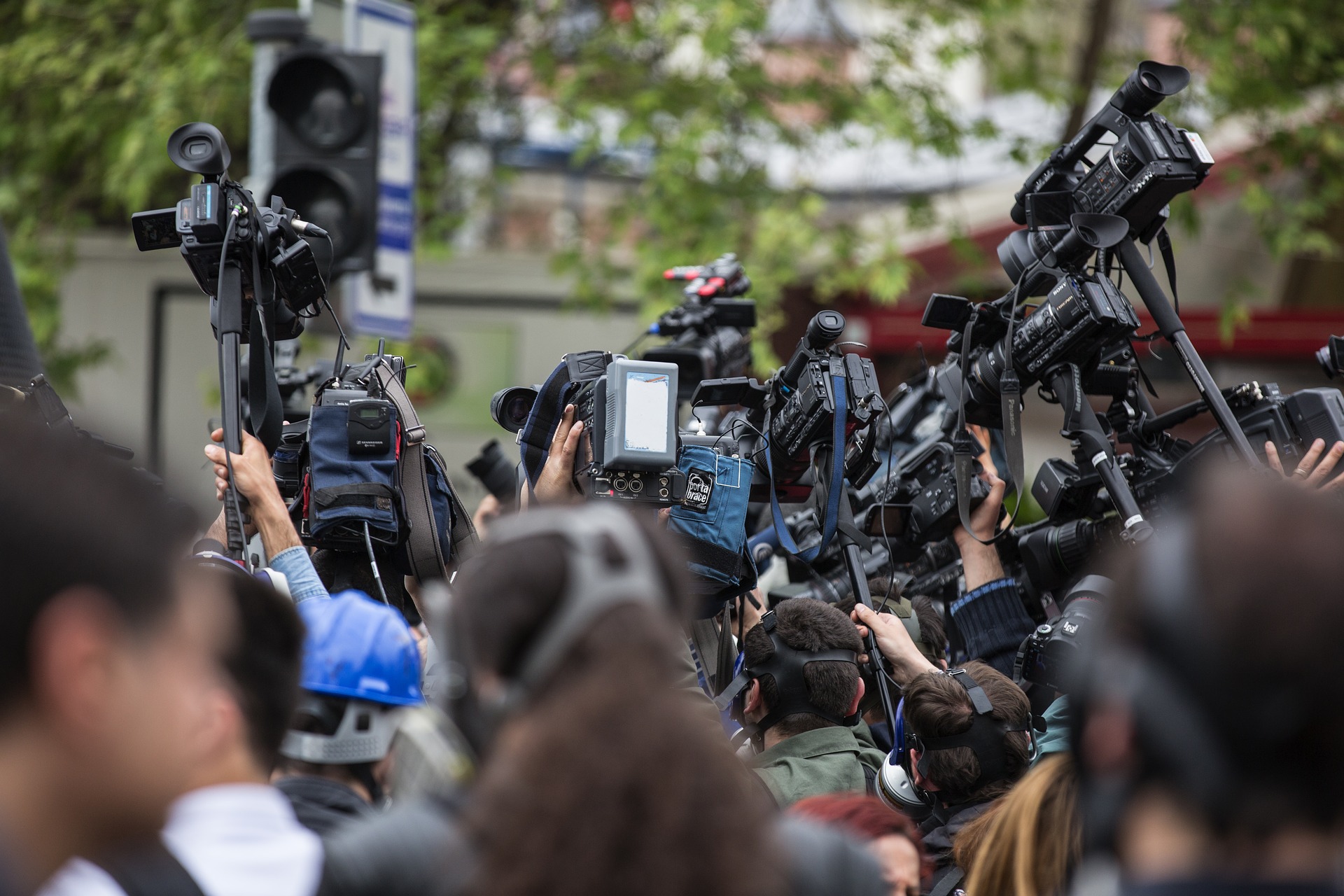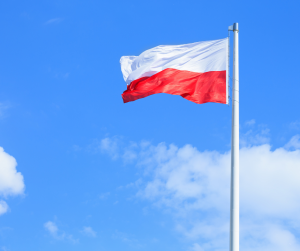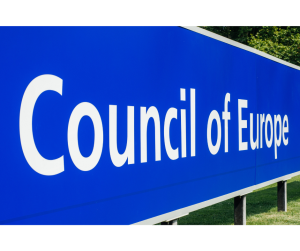In the media sympathetic to the regime, the majority of journalists are silent and work, even though they do not agree with the editorial policy, say “Vremen” interlocutors from these media
When you are a viewer or a reader, you see in the so-called “regime” media Dragan J. Vučićević how he foams and swears and lies. You see Milomir Marić as he crosses to the president on a volley. You see the disgusting front pages of the tabloids.
If you are part of the journalist market, then you know that there are some decent people working in those media. Anyone who has the passion to follow journalists’ biographies will find journalistic “transfers” between the media that we call “regime” and those that call themselves “independent”.
One of the painful realizations is that many people from the media bazaar do not particularly care about journalism. That they do it because they can’t do anything else and because there they receive some kind of salary. And that they tie the horse where the owner tells them and then they think – it’s like that everywhere, what’s the problem?
They talk on a spoon.
For weeks, we have been looking for people from the media who are close to the regime, who would be ready to say something about ours monthly newsletter Editorial staff. But few are ready, even though they are offered anonymity.
In the past months, there were dismissals in Tanjug, Večernji novosti, Juronujuz – because some journalists went to protests, announced their support for the protests on social networks or disagreed with the editorial policy.
Their colleagues stay, work, receive a salary. Part of the price they pay for such work is that half of Serbia considers them traitors to the journalistic profession and mercenaries of the regime.
Milica Blažević, for example, recently got fired from Tanjug TV, one of the actually unsustainable projects financed by Telekom. This was preceded by her posts in support of students and protests on Instagram.
As she told “Vreme” at the time, she came to Tanjug through an invitation to journalism students. She knew where she worked, but no one told her she couldn’t post something on private profiles.
“I’m sorry that the journalists of the regime media are often considered jerks. There are fantastic people working in Tanjug, educated, many of them do not stand with the government,” Blažević told “Vreme” at the time.
Censorship here and there
And what is it like to work in a newsroom that is with the government and disagree with such politics? One of the journalists Tanjuga, who still works there, says:
“In the editorial office itself, none of the editors will blame you if you say something contrary to the background of the regime. There is no such silence in Tanjug. The editors will not even say what can and cannot be used in your article, because there is some kind of consensus on what the article in Tanjug looks like,” he says. “Ours is to convey the views of the interlocutor. Whoever he is.”
As he says, they avoid only overly strong statements. “There are no qualifiers like ‘fascist’, ‘terrorist’ and so on in our broadcasts. This is of course impossible to avoid in live broadcasts.”
But… then he also says that in Tanjug they are limited by who the interlocutors of that media are. And that, hand in hand, can be seen from the outside as well.
“You have to swim in a certain circle and that’s aggravating. As much as some media have a problem that some people won’t speak for them, it’s as much a problem when you can’t talk to someone.”
And then there’s the leitmotif – yes, he says, Tanjug sometimes spins, but “that’s what most media in whatever spectrum they’re in do.”
“Tanjug has existed for a long time and has always been with the state leadership, followed what it was doing and reported. Unfortunately, the current state leadership works the way it works. But the people who work in Tanjug believe that the other side will still be able to be heard in the capacities in which they can be heard. And while the people working there are working, you will not hear Tanjug’s leader calling people who block ‘terrorists’, ‘fascists’ or the like.”
And what is it like for him to work in a media that is widely considered “regime”? “It’s very awkward that, when I say where I work, I need to give context, to explain why and how. And most journalists and editors really try to maintain a certain level. So that it doesn’t go completely into some kind of Ćaciland, so that it doesn’t become a completely regime’s newsletter where you can’t hear anything that the government doesn’t want to hear.”
And in the end, he says that the salaries at Tanjug are regular, which he is very fond of. Because that is not taken for granted in the media world at all.
“They do their job honestly”
We are also talking to the editor of a media outlet that does not belong entirely to the regime, but is constantly wandering around somewhere. He asks us not to reveal any media in question.
Za Editorial office estimates that 80 percent of journalists and editors in the regime’s media have views against the editorial policy they implement. For many, it is not particularly important because, for example, they work in the sports section or are engaged in variety shows.
“Among them there are also high-ranking editors who create the same editorial policy they oppose,” says this interlocutor, and then adds, speaking of ordinary journalists: “Most of these people do their job honestly and have no other choice.”
One would say that this is a very original way of understanding the word “fair”. But maybe the rest of the conversation will clarify where that came from.
“Over time, they get used to it, become numb, lower their personal criteria and lose a sense of why they started doing this job. Because no one started working in journalism without loving that calling.”
As he adds, there are basically two choices – to obey the editorial policy as long as it is possible to work with honor or – to leave. “Because journalists, in general, receive a salary for implementing editorial policy, and they agreed to that by signing the employment contract. So, the option is take it or leave it.”
He considers criticism of people who work in pro-regime media to be hypocritical even though they disagree with the editorial policy. “Journalism in Serbia is in a catastrophic state and there are almost no media that work according to journalistic postulates. That’s why the real question is – what possibility do journalists have if they want to do their job, except to leave journalism?”
Closed circles
The interlocutor of our newsletter was himself once forced to leave the newsroom where he worked, due to dissatisfaction with the editorial policy.
“Most of my colleagues from the so-called ‘independent media’ knew about my case, but no one offered me a job. And I have been in this business for a long time, I am not unknown, and I have held relatively high positions in the media during my career. I see two reasons for this, the first is objective and refers to the relatively small budgets of those media companies, which means that they are not able to offer me an adequate job and salary, and the second is subjective, it is a kind of self-sufficiency and the creation of a closed circle of people who work in those media work, where there is rarely room for someone from the side.”
My colleague is right – the media is in a terrible state. And almost all of them are one-sided.
But it is not unimportant which side they are on, just as it is not unimportant whether they live off the money of all citizens, through Telekom or otherwise, which the regime actually alienated to pay for propaganda. Or they oppose that propaganda.
Source: Vreme




